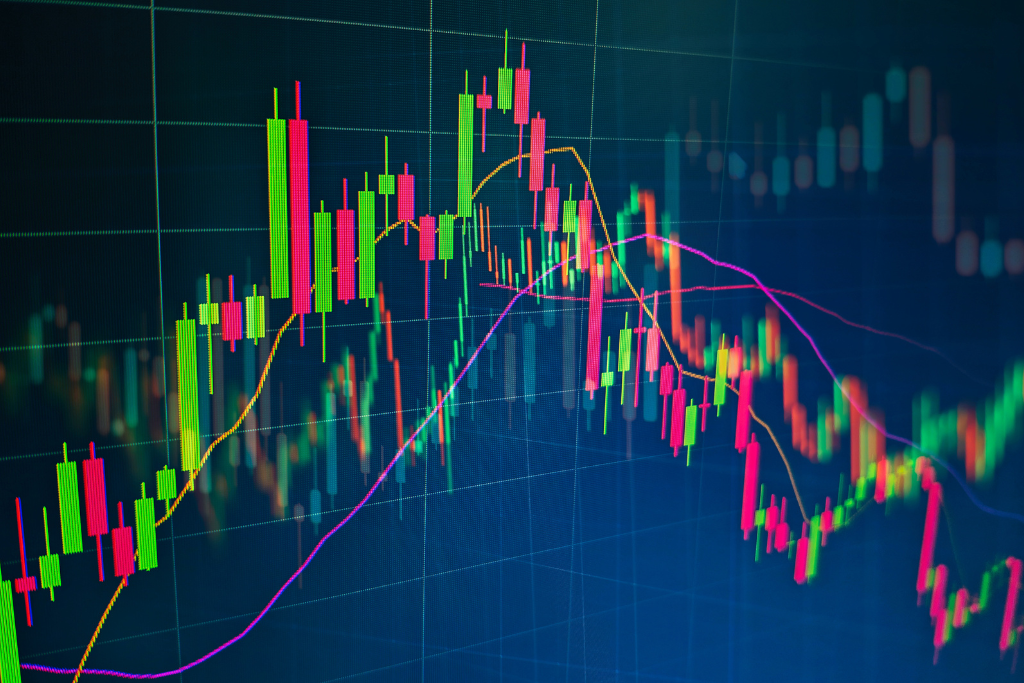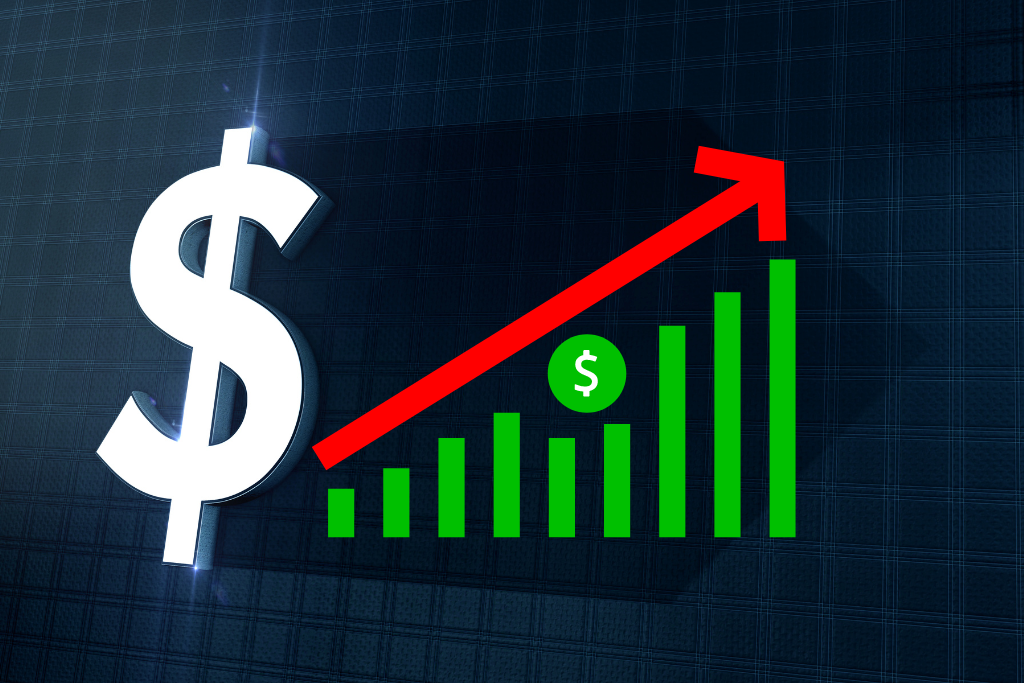The US dollar is a safe haven for investors. However, its international status is under threat. Recent developments could help other currencies gain international adoption. Here are some reasons why you should consider buying other currencies instead of US dollars. These factors will influence your earnings and trade. Also, read on to learn more about the US dollar and how it benefits investors and the economy.
STRONG DOLLAR
A strong dollar is a good thing for many reasons. It makes buying goods from abroad cheaper and dampens inflation. Despite recent global shocks, investors have continued to stash their reserves in the dollar. In addition, the Federal Reserve is currently raising interest rates to combat inflation and expects to hike them further this year. This is good news for American travelers who travel abroad. However, a strong dollar is not always good for everyone.

The US dollar is a global currency, meaning that it can affect the economies of many other countries. A strong dollar can affect the prices of imported goods, which can cause inflation. It can also impact the economies of emerging nations. During periods of low interest rates in the US, global investors invest heavily in emerging markets and developing nations that are in the process of transitioning into developed economies. However, once interest rates start to climb, money starts to flow out of these markets, hurting their economies.
SAFE HAVEN FOR INVESTORS
The US dollar has long been a safe haven for investors, especially during periods of volatile markets. The US economy has held up better than most other countries, and U.S. interest rates are now at the fastest rate-hike cycle in modern history. However, the dollar’s strength is reaching an extreme. It has hit its highest level in over 20 years in relation to other major currencies, including the pound, the euro, and the yen, which have all fallen below parity.

Investing in a safe haven may be a sound strategy in times of economic turmoil, but it is important to remember that investing in safe-haven assets doesn’t guarantee that your portfolio will remain stable. As with any other type of investment, it is important to do your research and find the right asset class for you. While financial markets do generally go up, downturns do occur, so investors must be prepared for these and understand how a downturn will affect other asset classes.
IMPACT ON TRADE
The US dollar’s dominant role in global trade has consequences for many countries. While a weaker currency should help to lower the cost of goods, it can also cause trade deficits in major economies with their own currencies. Capital flows are another factor that can affect the dollar’s value. If a country has a large number of investors, it can benefit from a weaker dollar.

Several economists and financial experts have discussed the impact of the US dollar’s strong position relative to other currencies. The recent rise in the dollar has worsened the US trade deficit. In 2002, more than half of the country’s goods exports were shipped to developing countries. In addition, the dollar is still rising relative to other currencies, worsening the U.S. trade imbalance.
IMPACT ON EARNINGS
The strong dollar has dampened earnings expectations for many companies. Nike, which generates over half of its revenue outside North America, doubled its currency headwind estimates from last year to $4 billion. Other companies, such as IBM and DuPont de Nemours, warned that the stronger dollar could impact their earnings.
Besides hurting domestic profits and employment, a strong dollar is also a concern for multinational corporations and exporters. A recent Bank of America Securities report estimated that the strengthening dollar will cut earnings by 5 to 6 percent. With 30 percent of the S&P 500 based abroad, this could have a significant impact on the U.S. economy and corporate earnings.

A stronger dollar also hurts international sales and makes US companies less competitive. For example, a stronger dollar makes US imports and oil more expensive. This could worsen the energy crisis in Europe. Meanwhile, a strong dollar boosts the earnings of European companies that rely on sales from overseas markets.
IMPACT ON MULTINATIONAL CORPORATIONS
The US dollar’s recent strength has caused a mixed bag of reactions among multinational companies. Companies that have large overseas operations are particularly susceptible to a rising dollar, as a stronger dollar reduces the value of their overseas sales and makes them less competitive. Companies that are heavily exposed to international markets, such as Apple and Microsoft, have cut their earnings estimates for the rest of the year as a result.

While there are several reasons to be concerned about the strength of the dollar, there are some strategies multinationals can employ to mitigate the risk of currency fluctuations. One of these strategies is currency hedging. While this strategy is highly effective in some cases, it has become more challenging to manage currency hedging due to the recent volatility.

Leave a Reply